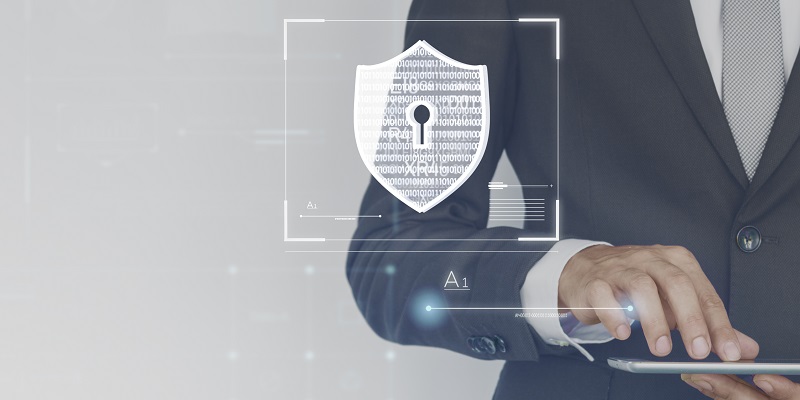In an increasingly digitalized world, the threat of cyber-attacks and breaches looms large over businesses. Recent statistics reveal that since the start of 2022 alone, a significant 32% of UK businesses have admitted to suffering from a cyber-attack or breach, resulting in an average cost of £4,960 for medium and large businesses. Reacting to security breaches, rather than proactively preventing them, not only proves costly but also poses severe repercussions for businesses, particularly when it comes to damaging their reputation.
The Importance of a Security-Aware Culture
To protect themselves against cybersecurity threats that can potentially jeopardize the longevity of their operations, organizations must build a security-aware culture across the board. Recognizing the need for proactive measures is vital, as it can help businesses identify vulnerabilities and take appropriate action. One small mistake from an employee can suddenly expose sensitive company information, leading to dire consequences. However, promoting a security-aware culture can effectively prevent such incidents.
Providing employees with the necessary tools, knowledge, and training is essential to ensure their resilience in the face of cyber threats. Regular cybersecurity training programs, updated policies, and guidelines help equip employees with the skills they need to identify and mitigate potential risks. By fostering a sense of collective responsibility, organizations can empower employees to actively participate in safeguarding company assets.
Cybersecurity as a Business Issue
Cybersecurity is no longer solely a technical concern; it has become a critical business issue. The impact of cyberattacks extends beyond just technology systems, affecting a company’s reputation, trustworthiness, and ultimately its bottom line. Building a security-aware culture within an organization plays a pivotal role in maintaining and enhancing its reputation as a trusted partner.
Building Trust and Reputation through Cybersecurity
A business that clearly and confidently demonstrates its commitment to cybersecurity is more likely to gain the trust of stakeholders and potential partners. Highlighting a strong focus on security not only provides reassurance but also sets the business apart from competitors. By investing in secure systems, consistently updating security measures, and showcasing a dedication to protecting sensitive data, businesses can position themselves as reliable allies in the digital landscape.
Exploiting the Human Factor
Amidst all the technological advancements and sophisticated security measures, attackers often find a soft spot in exploiting human vulnerabilities. Employees can unknowingly fall victim to social engineering attacks or unwittingly click on malicious links, thereby compromising the security of the entire organization. A security-aware culture acts as a shield against these vulnerabilities by educating employees on best practices and by instilling a sense of responsibility towards protecting company assets.
Fostering Transparency and Continuous Learning
In a security-aware culture, transparency and continuous learning are key ingredients for success. Emphasizing the importance of open communication and encouraging employees to share their experiences and knowledge helps create a supportive environment. This facilitates collaborative problem-solving and empowers individuals to learn from one another’s experiences, ultimately strengthening the organization’s overall security posture.
The ever-present threat of cyber-attacks and breaches demands a shift from a reactive approach to a proactive one. By building a security-aware culture, organizations can establish themselves as trusted partners while safeguarding against potential threats. Providing employees with the necessary tools and knowledge to remain resilient is essential in protecting sensitive information. Together, organizations can forge a path towards increased security, maintaining their reputation, and ensuring long-term success in an interconnected digital world.

